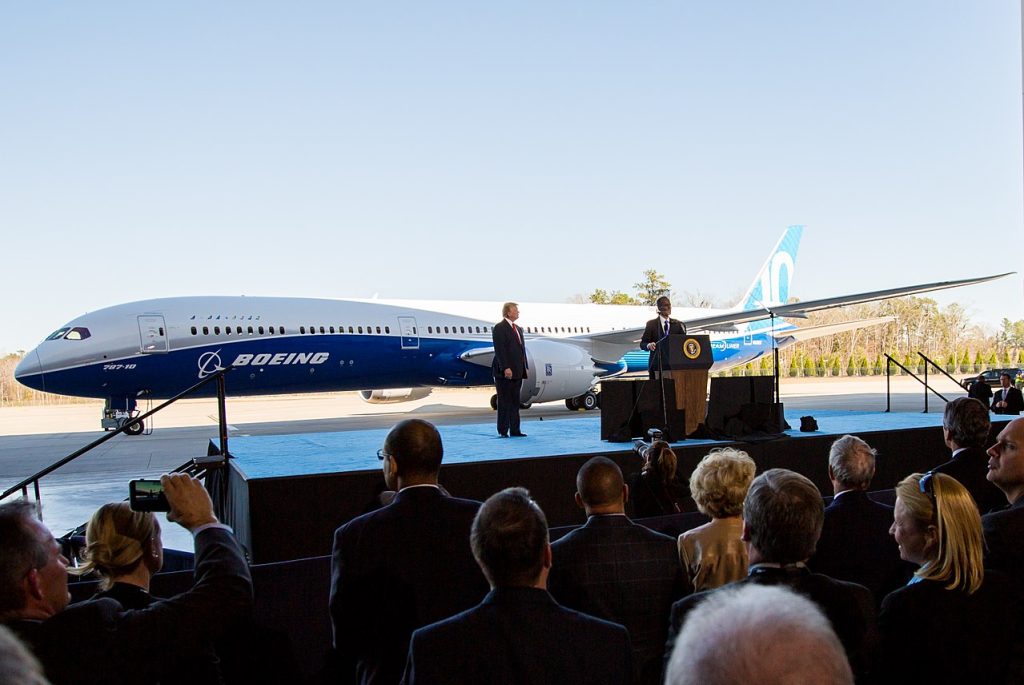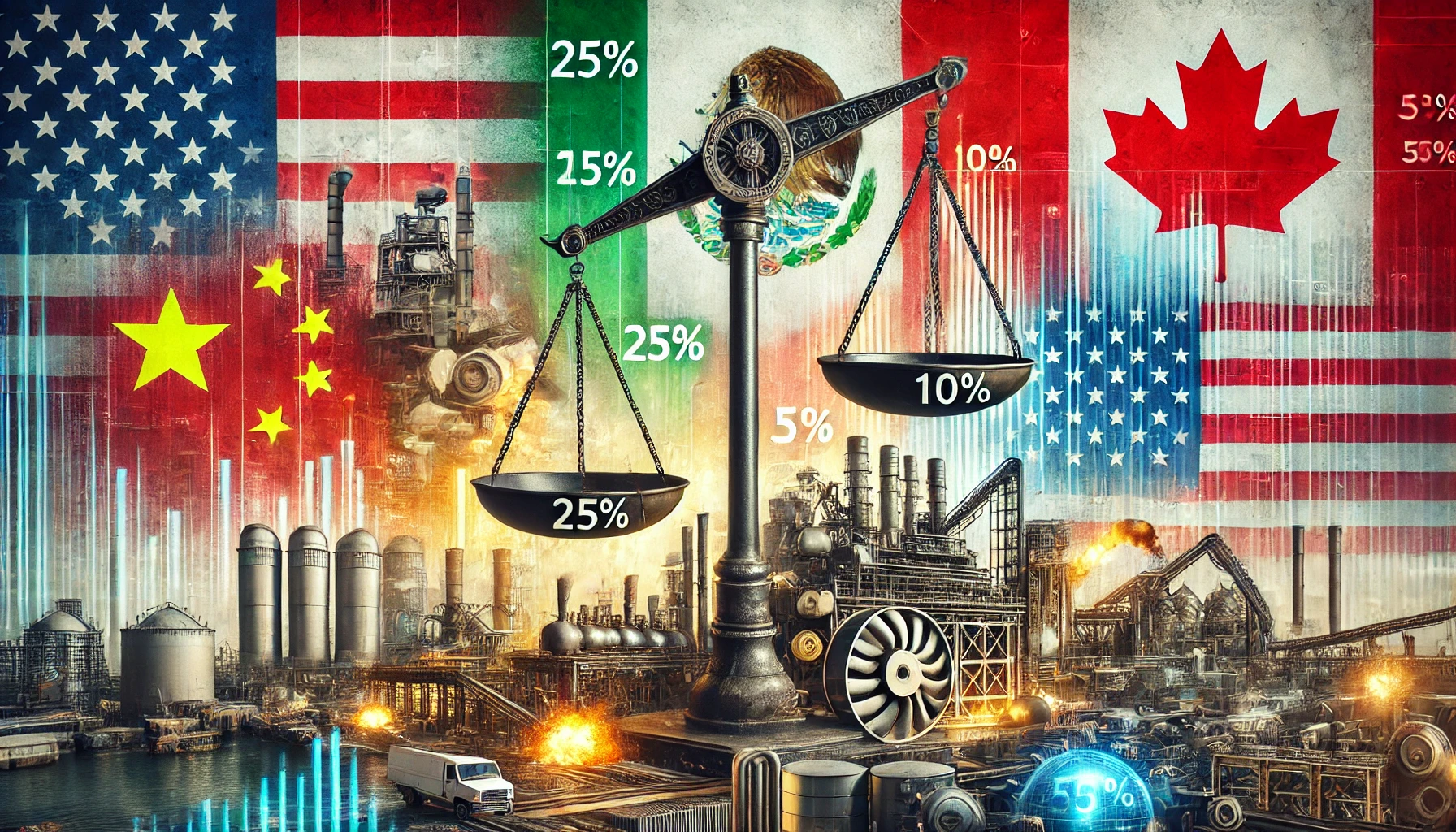President elect Donald Trump has proposed a bold approach to reshaping trade by implementing substantial tariffs on goods imported from China, Mexico, and Canada. His plan includes a 25% tariff on Chinese imports, a 10% tariff on Mexican goods, and a 5% tariff on Canadian products. The goal is to protect American industries, reduce reliance on foreign manufacturing, and encourage domestic production. While these tariffs aim to bolster U.S. jobs and industries, they also risk raising prices for consumers and provoking retaliatory measures from trade partners. Despite the controversy, several American companies are poised to benefit significantly from these proposed tariffs, gaining a competitive edge in their respective industries.

Tesla, Inc. [NASDAQ: TSLA] is uniquely positioned to benefit from the proposed tariffs. Tesla’s reliance on U.S.-based production of electric vehicles and batteries gives it a competitive advantage. The 25% tariff on Chinese-made auto parts and the 5% tariff on Canadian battery components would make it more difficult for rivals dependent on imported supplies to compete with Tesla’s vertically integrated operations.

Source: Roy Luck
United States Steel Corporation (U.S. Steel) [NYSE: X] would see reduced competition due to the 5% tariff on Canadian steel and the 10% tariff on Mexican steel imports. As a major domestic producer, U.S. Steel could capitalize on increased demand for American-made steel, particularly in construction and automotive sectors.

Caterpillar Inc. [NYSE: CAT] stands to gain from the 25% tariff on Chinese heavy machinery and the 10% tariff on Mexican machinery imports. With these tariffs making foreign alternatives more expensive, Caterpillar’s domestically manufactured equipment would likely see increased demand among U.S. buyers.

John Deere (Deere & Company) [NYSE: DE] would benefit from tariffs of 10% on Mexican agricultural equipment and 25% on Chinese parts. These tariffs would make Deere’s U.S.-manufactured agricultural machinery a more attractive option for American farmers, bolstering its domestic sales.

NextEra Energy [NYSE: NEE] is well-positioned to capitalize on the 25% tariff on Chinese solar panels and renewable energy components. With higher costs for imports, domestic renewable energy companies like NextEra could see increased demand for their U.S.-produced solutions.

Procter & Gamble (P&G) [NYSE: PG] would gain a competitive edge due to the 25% tariff on Chinese consumer goods. As imported alternatives become pricier, P&G’s extensive line of U.S.-produced personal care and household items could dominate the domestic market.

Boeing [NYSE: BA] would see benefits from a 5% tariff on Canadian aircraft and parts and a 25% tariff on Chinese aerospace components. These tariffs would strengthen Boeing’s competitive position in both the domestic and export aviation markets.

Nucor Corporation [NYSE: NUE] is another steel manufacturer poised to benefit from the 5% tariff on Canadian steel and the 10% tariff on Mexican steel. Nucor’s U.S.-produced steel would likely gain preference among domestic buyers in construction and manufacturing.

General Motors (GM) [NYSE: GM] would have a relative advantage under the proposed tariffs. Although the 25% tariff on Chinese auto parts and the 10% tariff on Mexican components could increase costs, GM’s reliance on domestic assembly plants would position it as a stronger option compared to foreign automakers.

Archer Daniels Midland (ADM) [NYSE: ADM] would benefit from the 10% tariff on Mexican agricultural imports and the 5% tariff on Canadian goods. Reduced competition from foreign-grown crops and food products would likely increase demand for ADM’s U.S.-produced offerings.
While these companies are well-positioned to benefit from Trump’s tariff proposals, the broader economic implications remain uncertain. Critics argue that higher prices for consumers and potential retaliatory measures could offset the intended benefits. Nonetheless, for these top companies, the tariffs represent an opportunity to strengthen their market positions and capitalize on a shift toward domestic sourcing.





